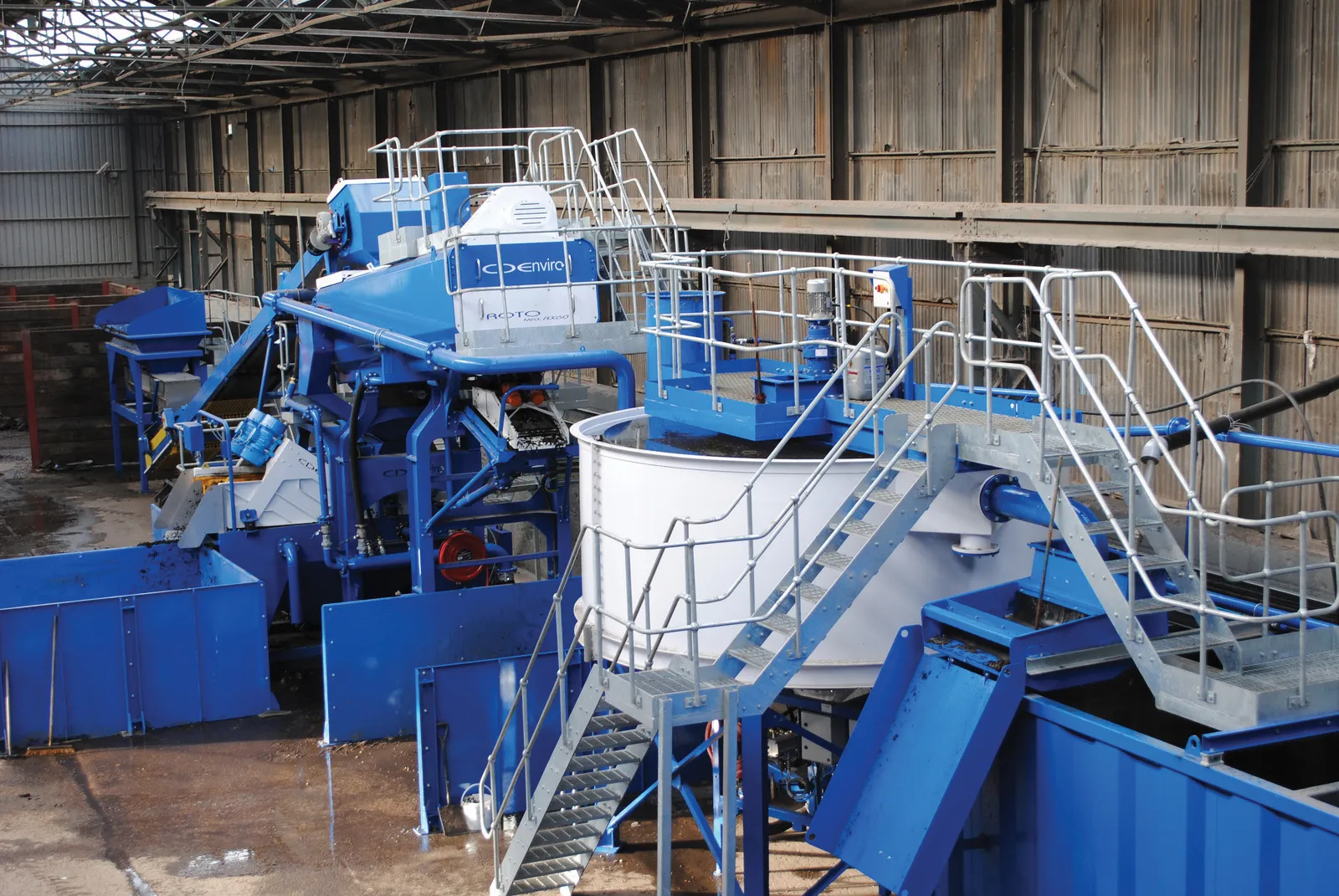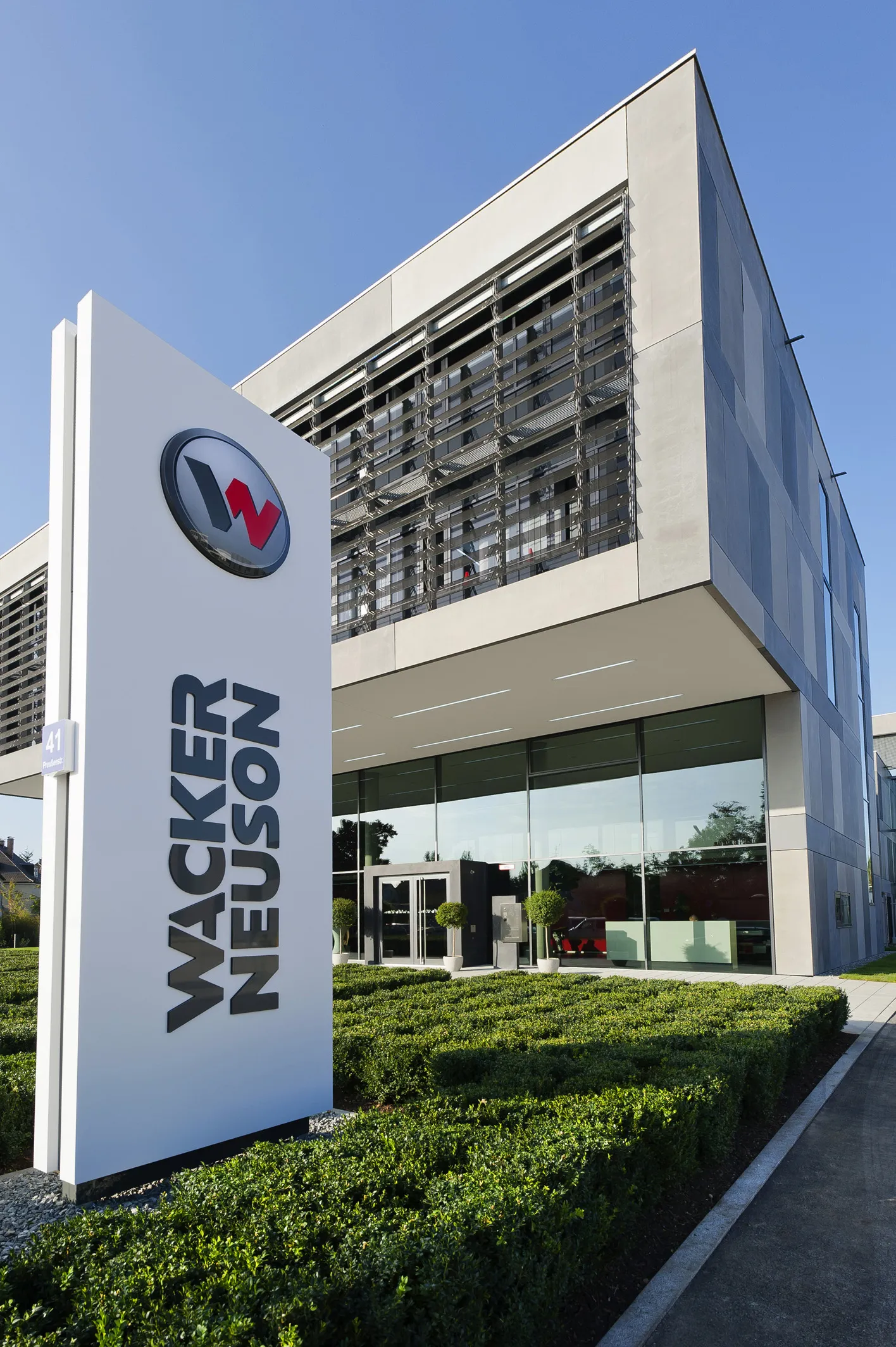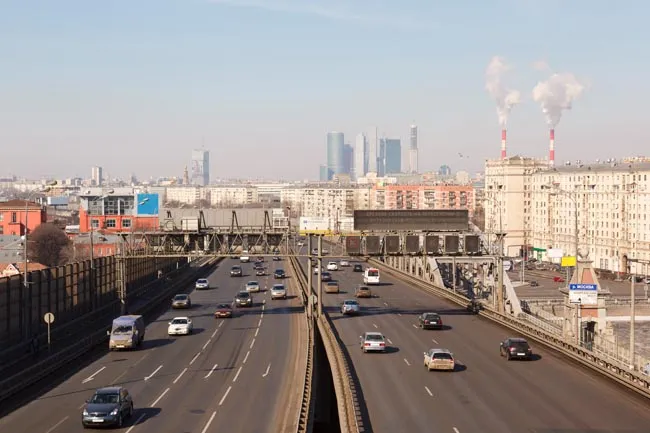Traffic jams in the UK are costing the country's 8.2 million drivers US$683.31 million (£426mn) a year in wasted fuel, according to an estimate in a report by the analytics firm Inrix. The cost, which equates to £52 a vehicle, is on top of an estimated wasted driver time cost of £2.7bn. Out of the traffic on the country's roads during the day Inrix states that 19% is freight, with business vehicles passing on £1.1 billion of costs every year to consumers in order to cover the cost of them waiting in traffic
December 10, 2012
Read time: 2 mins
Traffic jams in the UK are costing the country's 8.2 million drivers US$683.31 million (£426mn) a year in wasted fuel, according to an estimate in a report by the analytics firm 5367 INRIX.
The cost, which equates to £52 a vehicle, is on top of an estimated wasted driver time cost of £2.7bn.
Out of the traffic on the country's roads during the day Inrix states that 19% is freight, with business vehicles passing on £1.1 billion of costs every year to consumers in order to cover the cost of them waiting in traffic.
Inrix argues that if up-to-date information was properly processed, congestion levels could be reduced by up to 10%. It points out that 40% of national congestion related costs can be attributed to London, despite only 33% of people there driving a car in comparison to 69% across the UK. However, it states that Manchester is the UK's most congested city. Despite this, Inrix claims that congestion levels have reduced by 11% over the past year, which it attributes to tougher economic conditions and higher fuel prices.
The cost, which equates to £52 a vehicle, is on top of an estimated wasted driver time cost of £2.7bn.
Out of the traffic on the country's roads during the day Inrix states that 19% is freight, with business vehicles passing on £1.1 billion of costs every year to consumers in order to cover the cost of them waiting in traffic.
Inrix argues that if up-to-date information was properly processed, congestion levels could be reduced by up to 10%. It points out that 40% of national congestion related costs can be attributed to London, despite only 33% of people there driving a car in comparison to 69% across the UK. However, it states that Manchester is the UK's most congested city. Despite this, Inrix claims that congestion levels have reduced by 11% over the past year, which it attributes to tougher economic conditions and higher fuel prices.









